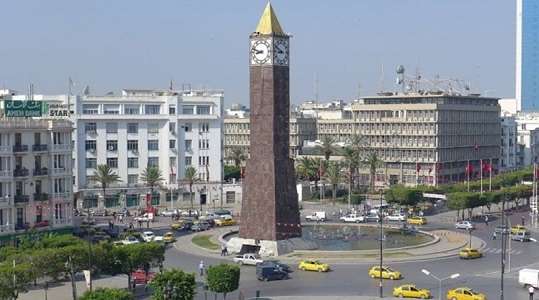The National Institute of Statistics in Tunisia revealed that the inflation rate rose to 9.2 percent in the month of October, continuing its upward trend since September 2021. The inflation rate was 9.1 percent in the previous month and 8.6 percent in August. Calculating the annual slip, food prices increased by 9.12 percent.
The Institute of Statistics attributed this rise to a rise in egg prices by 3.33 percent, mutton prices by 21.1 percent, food oils by 20.8 percent, fresh vegetable prices by 18.5 percent, beef prices by 15.1 percent, and poultry prices by 15 percent. The Tunisian Central Bank had announced the signing of an agreement with the Arab Monetary Fund to obtain a loan of $74 million to support public financial reforms, at a time when it was suffering from the worst financial crisis in its history. The agreement comes weeks after Tunisia reached an expert-level agreement with the International Monetary Fund for a $1.9 billion loan.
Tunisia is studying a proposal to impose a wealth tax in 2023, as part of a government plan to achieve tax justice. According to Finance Minister Siham Al-Boughdiri, the proposed tax on wealth will affect real estate and capital, but it will not include profits.
Source (Al-Sharq Al-Awsat Newspaper, Edited)

